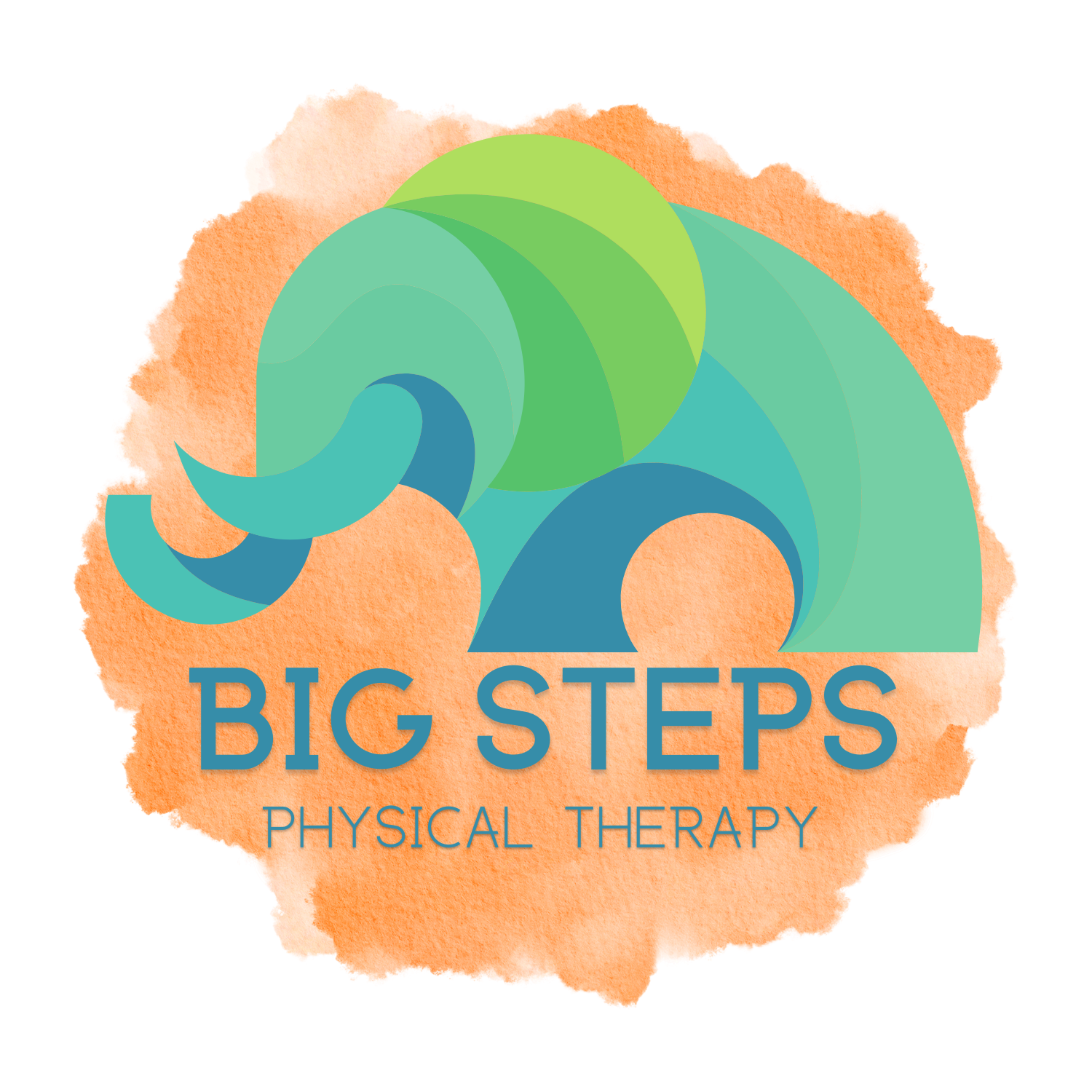Think Like a Child
Have you ever been upset and wanted to throw something?
Have you ever been sad and wanted to curl up under a blanket and hide from the world?
Have you ever been so excited you wanted to dance?
Well, what if you had minimal independence, little to no communication, no understanding of emotions and minimal body awareness? Like a child!
But when kids throw things, run away, hit something, pinch or yell, some call it acting out and work hard to stop them.
Little ones use their body and what they know to get attention or get their needs met. They want what all of us want, to be heard and understood.
So, how would you, as an adult, want some else to respond when you are trying to communicate an emotion?
If you are a parent, guardian, family member or work with kids, take a step back from the craziness and put yourself in the child’s shoes. Think like the child.
What are they trying to communicate?
Hunger, thirst, dirty diaper, stomach ache, pain, lack of safety, or something else.
Can I help or do they just need some space?
If they are crashing or banging, they may need sensory input. So give them a big hug, help them jump, or encourage banging on something soft and safe like the couch.
If the child is running away or avoiding contact, they may need space. Give them a blanket, allow them to go to a quiet space, or just turn down the noise and lights where you are.
What emotion are they having?
Anger, frustration, fear, excitement, sadness, boredom, joy, hunger, thirst, or fatigue.
It is normal to have emotions, so let them know that they are heard, they are safe, and that you are there for them. That doesn’t mean give into your child’s every want and desire, or be okay with giant meltdown tantrums at Target. Your mental health and ability to lead well are important. The main goal, is to let your child know they are heard and loved. Sprinkle in some discipline, deep breaths, coping strategies, and boundaries.
As adults, we can cry about being broke, tired, or unappreciated. We can get angry about not getting a raise at work. Think about what your child is feeling, and think about how you want others to respond. Friends and family cannot alway fix the situation for us, but they can just let us know we are heard.
We can help our children by trying to understand them and helping them find healthy coping skills as well as helping them communicate their needs.
Parents is hard work and a big responsibility. You are doing great. Also, if you need more resources, reach out. You are not alone.
Dr. Jenny Werner PT, DPT
Owner of Big Steps Physical Therapy
